In the not-so-distant past, the concept of Artificial Intelligence (AI) seemed like science fiction, reserved for futuristic movies and books. However, in recent years, AI has become an integral part of our daily lives, transforming various industries and influencing our actions, decisions, and experiences. The rapid advancements in AI technology have revolutionized the way we
In the not-so-distant past, the concept of Artificial Intelligence (AI) seemed like science fiction, reserved for futuristic movies and books. However, in recent years, AI has become an integral part of our daily lives, transforming various industries and influencing our actions, decisions, and experiences. The rapid advancements in AI technology have revolutionized the way we live, work, and interact with the world around us. This article delves into the profound importance of Artificial Intelligence in our daily lives, exploring its impact across diverse sectors and envisioning a future where AI plays an even more significant role.
Artificial Intelligence in Our Daily Life
AI in Personal Assistants
One of the most noticeable applications of AI in our daily lives is through personal assistants like Siri, Alexa, and Google Assistant. These AI-powered virtual helpers have become indispensable in managing our schedules, setting reminders, answering questions, and even controlling smart home devices. With natural language processing and machine learning, these assistants have evolved to understand and respond to human commands more accurately, simplifying our daily tasks and enhancing our productivity.
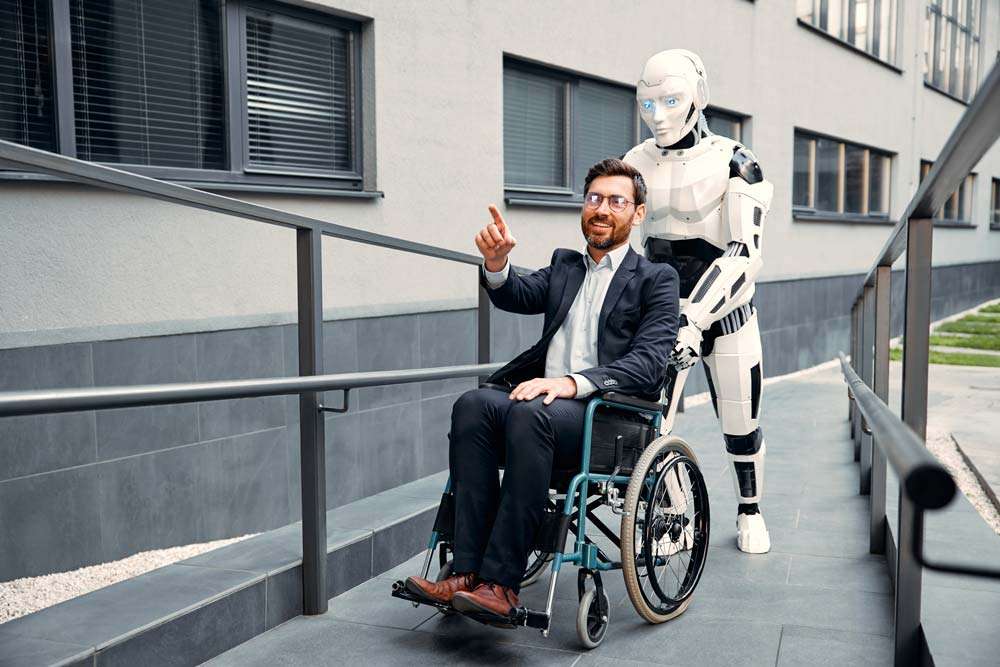
AI in Healthcare
Artificial Intelligence has disrupted the healthcare industry, providing innovative solutions for diagnosis, treatment, and patient care. AI algorithms can analyze vast amounts of medical data, helping doctors and healthcare professionals make faster and more accurate diagnoses. AI-powered devices and wearables monitor patients’ health parameters in real-time, alerting medical professionals in case of emergencies. Furthermore, AI-driven drug discovery and personalized medicine are revolutionizing the way we combat diseases, offering more effective and tailored treatment options.

AI in Transportation
AI has revolutionized the way we move from one place to another. Autonomous vehicles, powered by AI technologies such as computer vision and machine learning, are set to transform the transportation landscape. These self-driving cars promise enhanced safety, reduced accidents, and increased accessibility for people with mobility challenges. AI-driven traffic management systems optimize the flow of vehicles, reducing congestion and improving overall transportation efficiency.
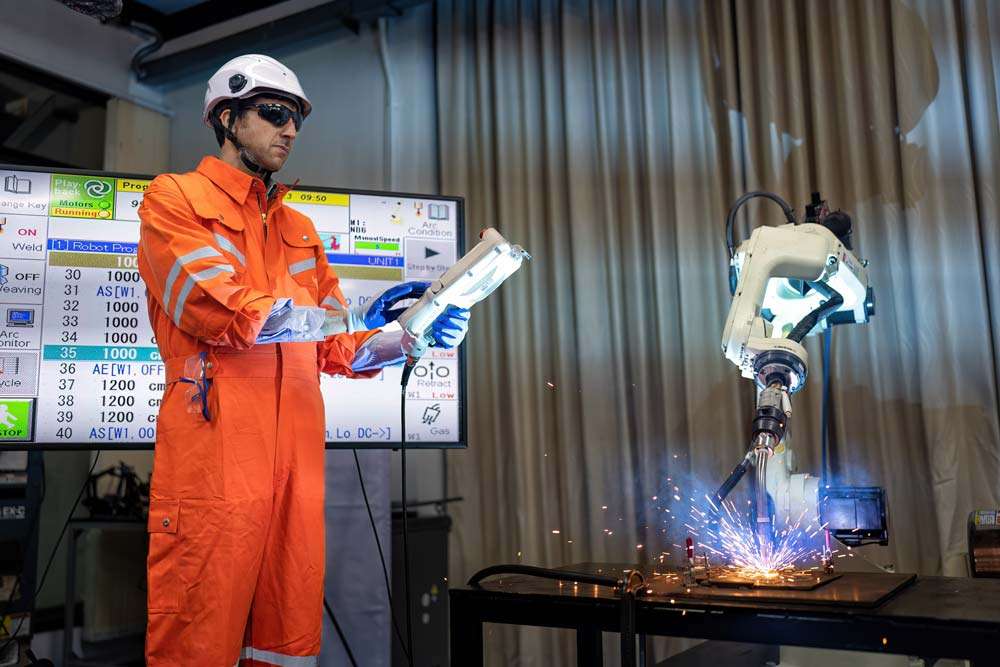
AI in Education
The integration of AI in education has unlocked new avenues for personalized learning. Intelligent tutoring systems can adapt to individual learning styles, pace, and preferences, offering students a tailor-made educational experience. AI-powered educational applications and virtual classrooms enable remote learning, making education accessible to learners worldwide. Moreover, AI-driven analytics help educators track and assess students’ progress, identifying areas where additional support may be needed.

AI in Entertainment
Artificial Intelligence has profoundly impacted the entertainment industry, particularly in content recommendation systems. Streaming platforms like Netflix and Spotify leverage AI algorithms to analyze users’ preferences and behavior, curating personalized content recommendations. AI-powered chatbots are also increasingly used in interactive storytelling experiences, video games, and virtual reality applications, enhancing the overall entertainment experience for users.

AI in Finance
AI is reshaping the financial sector, transforming the way we manage money, invest, and conduct transactions. Robo-advisors, driven by AI and machine learning, provide automated financial advice and portfolio management, making investing accessible to a broader range of individuals. AI algorithms also detect fraudulent activities, enhancing security and protecting consumers from financial scams. Additionally, AI-driven chatbots streamline customer support in the banking industry, providing quick responses to inquiries and resolving issues efficiently.
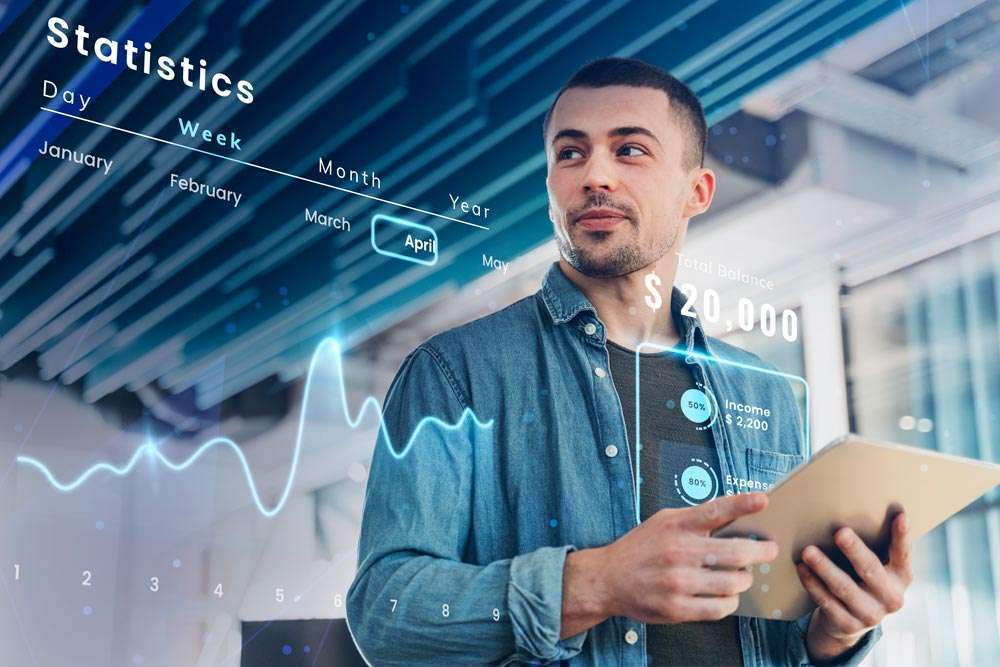
AI in Agriculture
In an era of increasing global population and changing climate conditions, AI has emerged as a vital tool in sustainable agriculture. AI-powered precision farming techniques optimize resource utilization, enabling farmers to use water, fertilizers, and pesticides more efficiently. Satellite imagery and drones, powered by AI, monitor crops and detect potential issues like pests, diseases, or nutrient deficiencies, allowing for timely interventions. AI-driven predictive analytics assist farmers in making informed decisions about planting and harvesting times, improving yields and overall crop health.
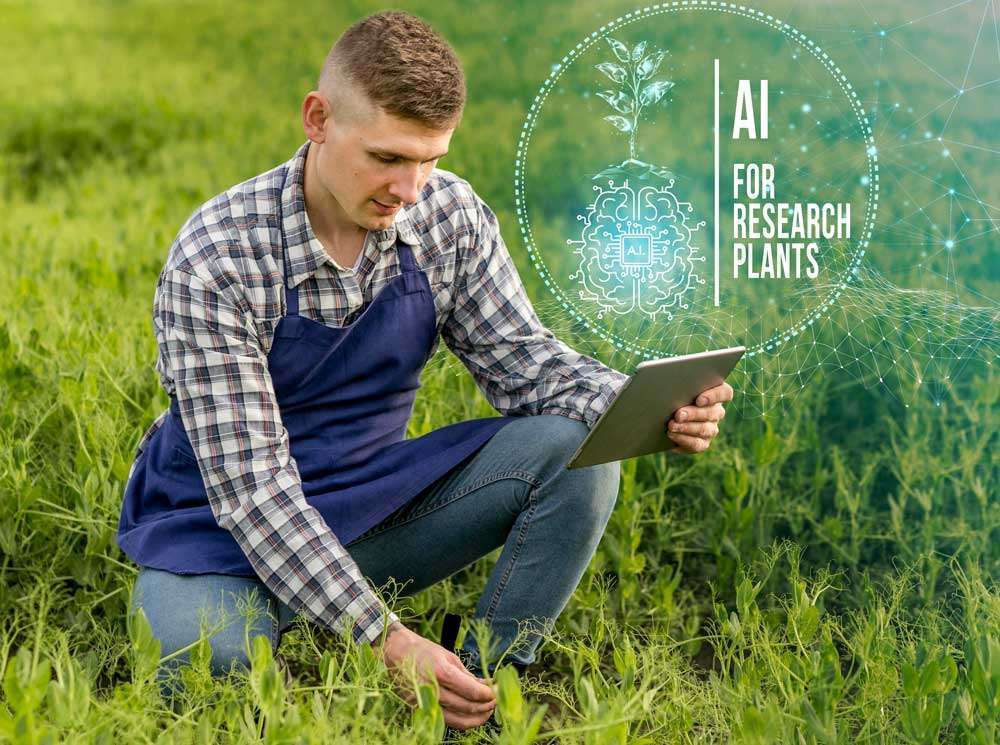
AI in E-Commerce
The rise of e-commerce has been significantly influenced by AI technologies. AI-driven recommendation systems personalize online shopping experiences, suggesting products that align with customers’ preferences and past purchases. Virtual shopping assistants and chatbots provide real-time customer support, enhancing customer satisfaction and loyalty. AI-powered supply chain management optimizes inventory, shipping, and delivery processes, reducing costs and improving overall efficiency in the e-commerce ecosystem.

AI in Environmental Conservation:
As climate change poses significant challenges to the planet, AI offers innovative solutions for environmental conservation. AI algorithms process vast amounts of data to analyze climate patterns, predict natural disasters, and develop strategies for mitigating their impact. AI-driven monitoring systems track and protect endangered species, enabling conservationists to better understand their habitats and behavior. Additionally, AI-powered smart grids promote energy efficiency, supporting the transition to renewable energy sources and reducing carbon emissions.
Advantages of Artificial Intelligence in Our Daily Life
Personalized Assistance: AI-powered virtual assistants like Siri, Alexa, and Google Assistant provide personalized support, helping us manage schedules, set reminders, answer questions, and perform various tasks more efficiently and conveniently.
Enhanced Productivity: AI automates repetitive and time-consuming tasks, freeing up human resources to focus on more complex and creative endeavors, leading to increased productivity in both personal and professional spheres.
Improved Healthcare: AI in healthcare enables faster and more accurate diagnoses, personalized treatment plans, and real-time patient monitoring. It enhances the quality of medical care, leading to better patient outcomes and reduced healthcare costs.
Seamless Communication: AI-driven language translation tools and chatbots facilitate communication across language barriers, promoting global connectivity and fostering understanding between diverse cultures.
Smart Home Automation: AI powers smart home devices, making our living spaces more efficient and comfortable. AI-driven thermostats, lighting systems, and security cameras adapt to our preferences, saving energy and enhancing home security.
Personalized Learning: AI in education tailors learning experiences to individual student needs, pacing, and preferences. Intelligent tutoring systems provide personalized feedback, enhancing learning outcomes for students.
Entertainment Recommendations: AI algorithms in streaming platforms and music apps offer personalized content recommendations, helping users discover new movies, shows, and music aligned with their interests.
Efficient Transportation: AI is paving the way for autonomous vehicles, promising safer and more efficient transportation systems. AI-driven traffic management systems optimize traffic flow, reducing congestion and travel time.
Improved Customer Service: AI-powered chatbots and virtual assistants handle customer queries and provide instant support, leading to faster response times and increased customer satisfaction.
Financial Management: AI-driven robo-advisors offer personalized financial advice, making investment and wealth management accessible to a broader range of individuals, regardless of their financial expertise.
Impact of Artificial Intelligence on Society
Automation and Job Displacement: AI and automation technologies have the potential to replace certain jobs and tasks, leading to job displacement for certain sectors of the workforce. This could result in economic and social inequalities, as workers may need to transition to new roles or face unemployment.
Economic Transformation: AI can drive economic growth and productivity by streamlining processes, reducing costs, and enabling innovation. However, there is a risk that economic benefits might not be evenly distributed, leading to a widening wealth gap between those who control AI technologies and those who do not.
Privacy and Data Security: The widespread use of AI systems generates massive amounts of data. Ensuring the privacy and security of this data becomes a paramount concern, as breaches or misuse could have severe consequences for individuals and society as a whole.
Ethical Concerns: AI raises complex ethical dilemmas, such as the decision-making process in autonomous systems. Questions about responsibility, accountability, and transparency must be addressed to avoid potential harm and biases embedded in AI algorithms.
Healthcare Advancements: AI is transforming healthcare by enhancing diagnostic accuracy, drug discovery, and personalized treatments. It has the potential to improve patient outcomes and revolutionize the medical industry.
Education and Skill Development: AI can facilitate personalized learning experiences, provide accessible education, and upskill individuals. However, there is also a risk that reliance on AI might diminish certain skills and human interaction.
AI in Governance: Governments are exploring AI applications to optimize public services, resource allocation, and decision-making processes. However, challenges related to transparency, accountability, and the potential for AI-powered surveillance need to be carefully considered.
Climate Change and Sustainability: AI can play a role in environmental monitoring, resource optimization, and mitigating the impacts of climate change. It could help develop sustainable solutions and support the transition to renewable energy sources.
Bias and Fairness: AI algorithms can perpetuate existing biases present in training data, leading to unfair and discriminatory outcomes. Efforts must be made to develop AI systems that are fair and unbiased.
Social Interaction and Mental Health: Increased reliance on AI and automation could impact human-to-human interactions, potentially affecting mental health and social cohesion. Finding the right balance between AI-driven convenience and human connection is crucial.
The Future of Artificial Intelligence in Our Daily Lives:
While AI has already transformed numerous aspects of our daily lives, its potential is far from exhausted. Looking into the future, AI is likely to permeate every facet of our existence, opening up new possibilities and challenges. The development of General Artificial Intelligence (AGI) could lead to AI systems capable of reasoning and learning across diverse domains, revolutionizing industries we haven’t even thought of yet.
However, with these advancements come ethical considerations. As AI becomes more integrated into our lives, questions about privacy, data security, and job displacement will arise. Responsible AI development and governance will be crucial to ensure that AI technologies are used ethically and transparently, benefiting society as a whole.
In conclusion, it can be said that Artificial Intelligence has become an essential part of our daily lives, transforming the way we live, work, and interact with the world. From personal assistants to healthcare, transportation to education, AI’s impact spans across various sectors, making our lives more convenient, efficient, and enriched. As we embrace the potentials of AI, it is vital to address the associated challenges responsibly, ensuring a future where AI continues to augment human capabilities while upholding ethical standards. With AI at the forefront of technological advancement, we are witnessing a paradigm shift that will continue to shape our world in unprecedented ways.






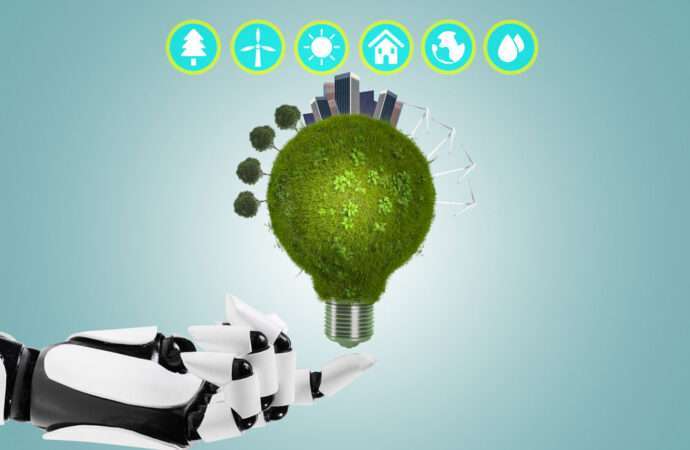





















Leave a Comment
Your email address will not be published. Required fields are marked with *